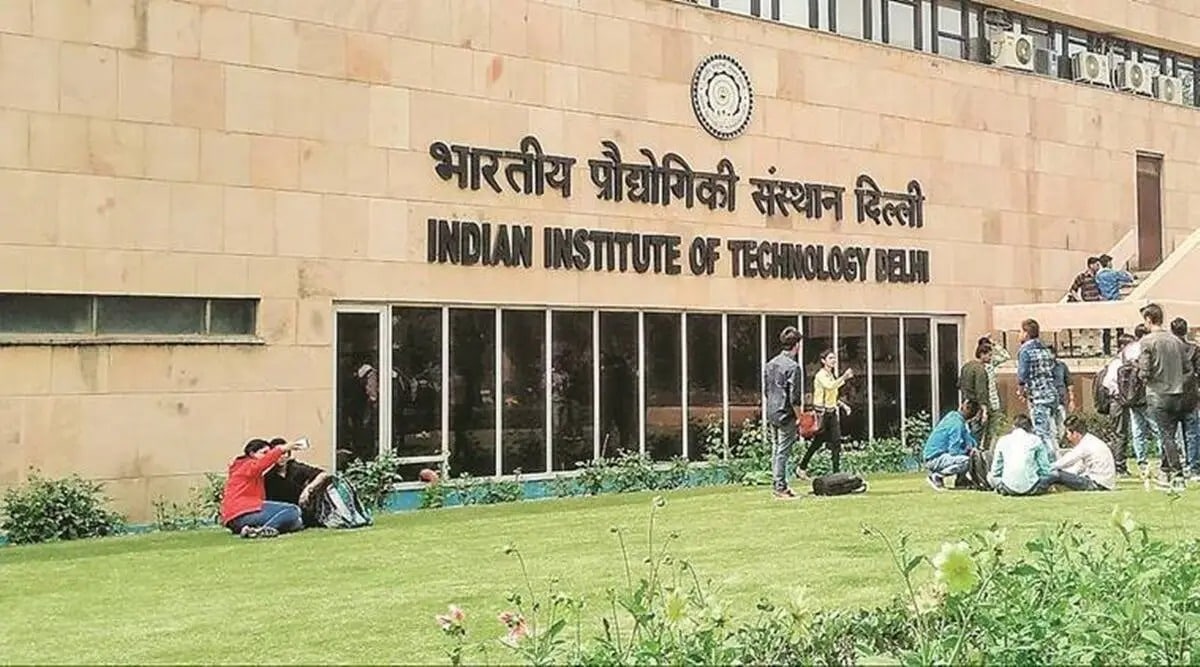 These VLPs have been developed by IIT-Delhi researchers in collaboration with the Translational Health Science and Technology Institute, Faridabad. (File)
These VLPs have been developed by IIT-Delhi researchers in collaboration with the Translational Health Science and Technology Institute, Faridabad. (File)Researchers at IIT-Delhi have developed Covid ‘virus-like particles’ (VLPs), which they say are a possible vaccine candidate against the virus.
“Vaccines offer a great deal of protection against the virus, but some people who have received the shots still catch Covid-19. To develop even better vaccines and treatments, ideally, experiments need to be conducted with the real virus, which can only be handled in very specialised laboratories. Working with live viruses can put personnel at risk, and the requirement for specially designed settings can limit the scope of research that some teams can perform. Instead, a safer and easier strategy is to use virus-like particles,” reads a statement from the institute.
These VLPs have been developed by IIT-Delhi researchers in collaboration with the Translational Health Science and Technology Institute (THSTI), Faridabad.
Researchers at #IITDelhi working in collaboration with Translational Health Science and Technology Institute @THSTIFaridabad have developed SARS-CoV-2 Virus-Like Particles (VLPs), which are a possible vaccine candidate.
— IIT Delhi (@iitdelhi) October 18, 2022
VLPs are molecular mimics that look and act like a certain virus without being infectious.
“The majority of the VLPs developed worldwide have utilised only the spike protein of SARS-CoV-2 as the primary antigen. However, our VLPs are as ‘native virus-like’ as possible, which means they contain all four structural proteins from SARS-CoV-2 (S-Spike, N-Nucleocapsid, M-Membrane, E-Envelope). This could be an advantage in case there are several mutations in spike in any variant, which preclude the binding of neutralising antibodies,” said Dr Manidipa Banerjee, lead researcher and professor at IIT Delhi’s Kusuma School of Biological Sciences.
“Animal experiments carried out at THSTI indicate that our VLPs trigger a strong adaptive immune response against multiple antigens. Vaccines based on inactivated virus naturally have this advantage, however, VLPs are safer as they are non-infectious due to lack of genome,” Banerjee added.